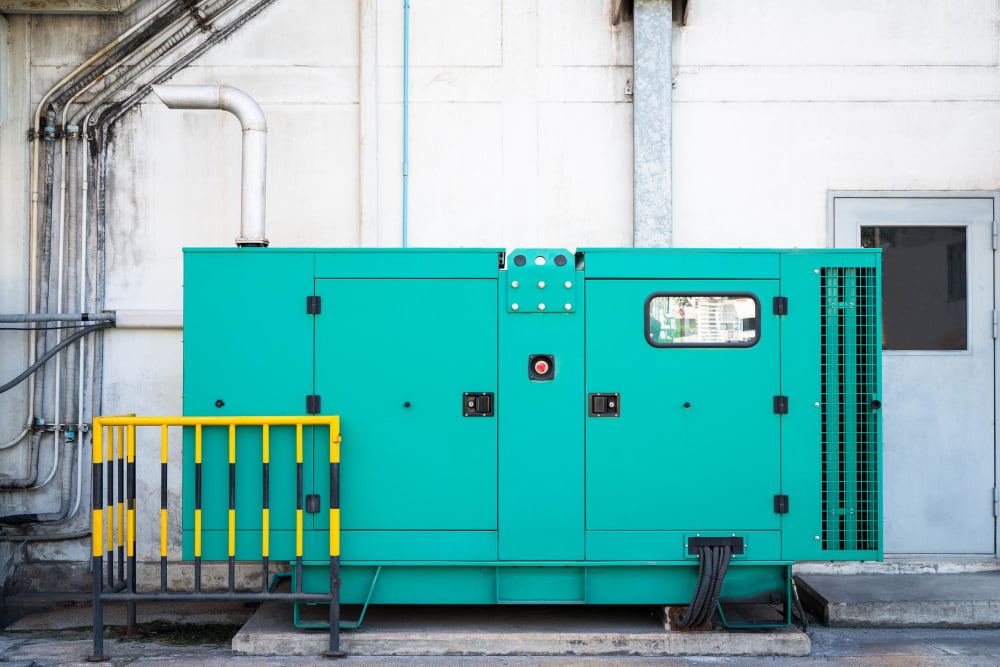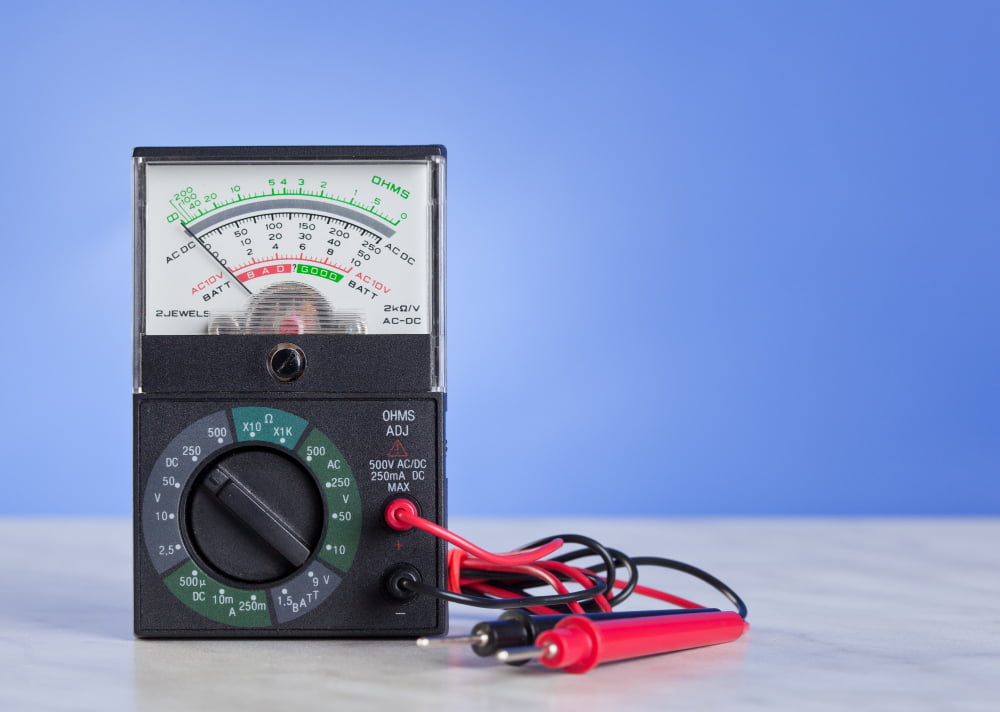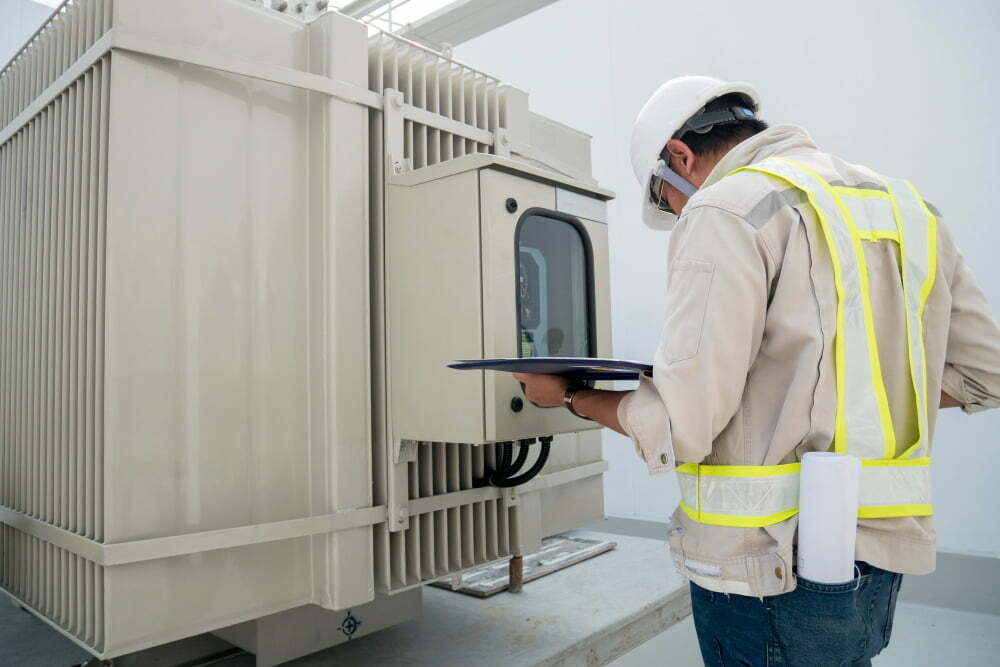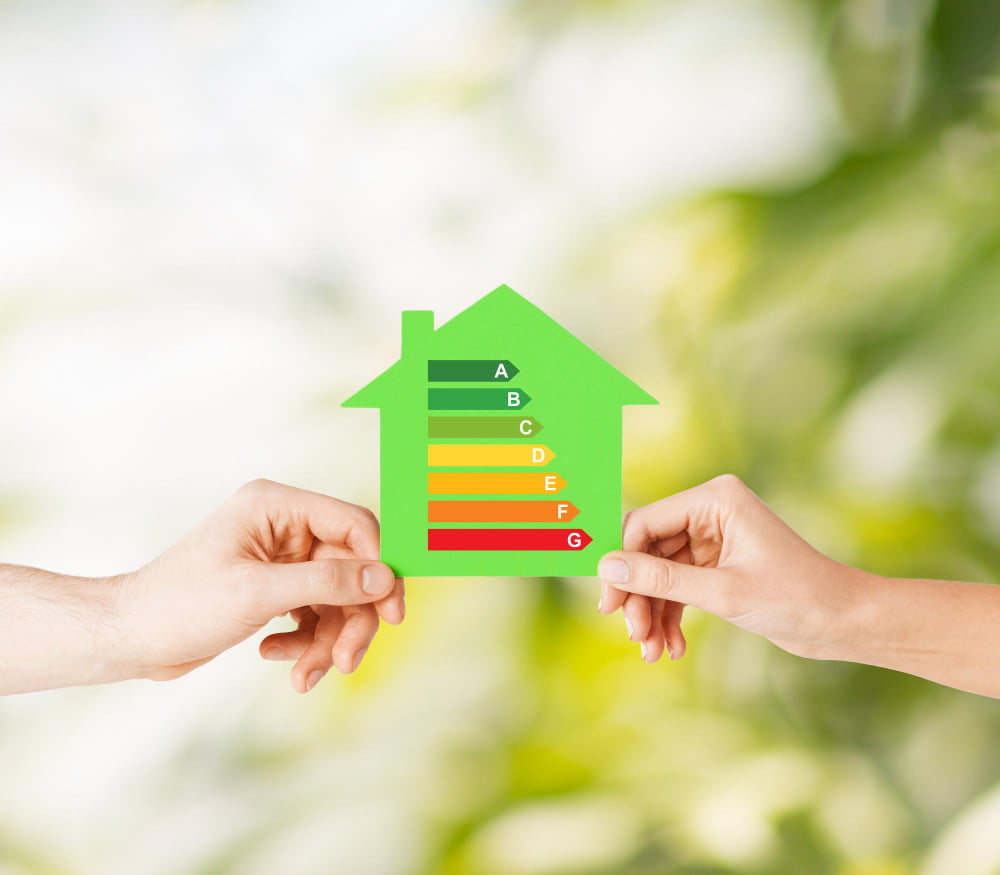Last updated on
Do you need reliable electric power equipment for your home, business, or even a large commercial operation? Finding the right equipment can be overwhelming with so many options and factors to consider.
Whether you’re looking for residential products such as generators and backup systems or industrial-grade electrical components, certain tips can help make choosing quality electric power equipment much easier.
In this blog post, we’ll cover some of the essential things to keep in mind when selecting the best electric power supplies and devices for your needs. Read on to learn more about how to find the perfect pieces of equipment needed to provide a steady energy supply!
Identifying Reliable Equipment Suppliers

Identifying reliable equipment suppliers is an integral part of procuring the right electric power equipment. The market is full of suppliers, but not all can deliver quality and efficiency.
To begin, seek out suppliers with a strong industry reputation, indicated by customer reviews and years of operation. For example, companies such as Greenworks offer this map as a way to find local dealers that are considered reliable, as well as offering their products directly for purchase online.
Additionally, consider looking for suppliers with certifications and awards from reputable organizations in the industry. This will give you peace of mind knowing that the equipment you are purchasing has been thoroughly tested and meets industry standards.
Researching Equipment Specifications

An essential step in selecting the right electric power equipment is to research the specifications of the equipment. Understanding the technical details can help to ensure that the power equipment will meet your specific needs. Start by considering the power output of the equipment, measured in watts or kilowatts, and ensure it matches the demands of your home or business.
Additionally, consider the efficiency of the equipment – a higher efficiency rating means that the equipment will use less energy to provide the same power output. Also, don’t forget to assess the durability and lifespan of the product. Durable equipment that is built to last will save money in the long run by reducing the need for replacements or costly repairs.
Finally, look for equipment that comes with a comprehensive warranty, as this can provide added peace of mind. By investing time in understanding the equipment’s specifications, you’ll be better equipped to make an informed purchase decision.
Considering Fuel Types and Power Sources

When selecting electric power equipment, it’s also important to consider the fuel types and power sources. The type of fuel your power equipment uses can significantly affect its performance, cost, and environmental impact.
For instance, equipment powered by gasoline tends to be more powerful, but it also produces more emissions and can be more expensive to operate due to fuel costs. Diesel, on the other hand, is often used in larger equipment and can be more efficient but comes with a higher upfront cost. Using a generator refueling service is a good way to cut down on these costs.
Alternatively, you might consider power equipment that uses renewable energy sources, like solar or wind energy. These options can be more sustainable and cost-effective in the long run, even though they may require a larger initial investment.
Finally, battery-powered equipment can also be a viable option, especially for smaller-scale needs. This type of equipment is usually quieter, more portable, and releases no emissions, making it an excellent choice for residential use.
Evaluating Energy Efficiency

Evaluating the energy efficiency of electric power equipment is another important aspect when making your choice. The energy efficiency of a piece of equipment is a measure of how much of the electrical energy is converted into the actual work output, with the rest being lost as waste energy, typically in the form of heat. Equipment with higher energy efficiency is not only more cost-effective but also more environmentally friendly.
To evaluate energy efficiency, first, look for an Energy Star rating. Equipment with a higher Energy Star rating tends to be more efficient. In addition, you can examine the Energy Efficiency Ratio (EER), which is a measure of how much cooling or heating a device produces for each unit of energy consumed. Higher EER ratings indicate more efficient equipment.
Keep in mind that higher efficiency often comes with a higher initial cost. However, considering the potential energy savings over the life of the equipment, the more efficient model may be the more economical choice in the long run. Carefully thinking through your energy needs and how different pieces of equipment meet those needs can help ensure that you make the best decision for your specific situation.
Finding the right electric power equipment requires careful research, evaluation, and consideration of various factors such as reliability, specifications, fuel type, and energy efficiency. By following these tips and taking the time to understand your needs and options, you can be confident in your choice and have a steady supply of reliable electricity for years to come.
So don’t rush into a decision – take the time to find the perfect electric power equipment for your specific needs. Happy shopping!
Recap:



